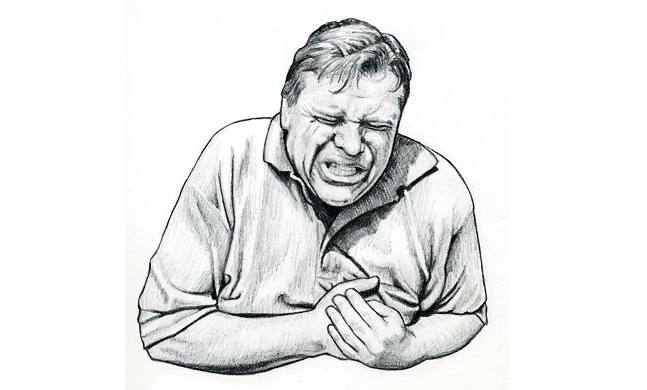Among the most common causes of death among people today are sicknesses that directly involve the heart. Thus, heart disease is not a matter to be taken lightly. It’s what pumps blood and oxygen throughout your body, so take care of it. Heart disease affects men and women alike, so don’t think that you’re off the hook just because you’re either gender.
Severe Heart Attack
When a heart attack happens, the victim is normally rendered helpless by the pain. If you see someone who experiences a heart attack, you need to know how to help the person.
Of course, prevention is better than cure. So your first task is to be familiar with the most common signs when a person is about to get a heart attack. Heart attacks aren’t what they look like in movies where the patient will clutch his or her heart when it happens to indicate the condition.
Aside from chest pain, other symptoms of heart attacks include a series of pain and discomfort around the patient’s body and may even cause vomiting and nausea. Some of the most common symptoms are: heartburn, pain in the jaw, vomiting, indigestion, and pains on the back.
It’s important to keep in mind that once two or more of these symptoms are present, you must be able to act on it as soon as possible. Don’t wait until the condition attacks the patient.
Should a heart attack takes place, it is important to stay calm, above all things – you won’t be much of help otherwise. Call 911 or the respective emergency number of your location.
Stay calm and clear as you give out the details of the situation. Give them your location and be thorough about the details to make sure they find you as fast as possible.
Now it’s time to apply some first aid. Your goal is to minimize the pain that the patient is suffering from the heart attack while waiting for help to arrive. If the patient can talk to you, ask if he or she is taking any medication for the heart. If so, then give the medicine to him or her as soon as possible. If not, then try aspirin – it’s a medicine that has anti-coagulant attributes that will keep blood from clotting up and making the condition weird.
You should do the same steps above if the incident happens in a public place. Nevertheless, call 911 for help as soon as possible and do whatever you can do to alleviate the suffering.
You need to keep your patient awake. So if he or she is unconscious, monitor his or her pulse, chest, and mouth.
Nobody around you has to die of a heart attack. As long as you know what to do, you can save lots of lives that would have otherwise been left unattended to.

